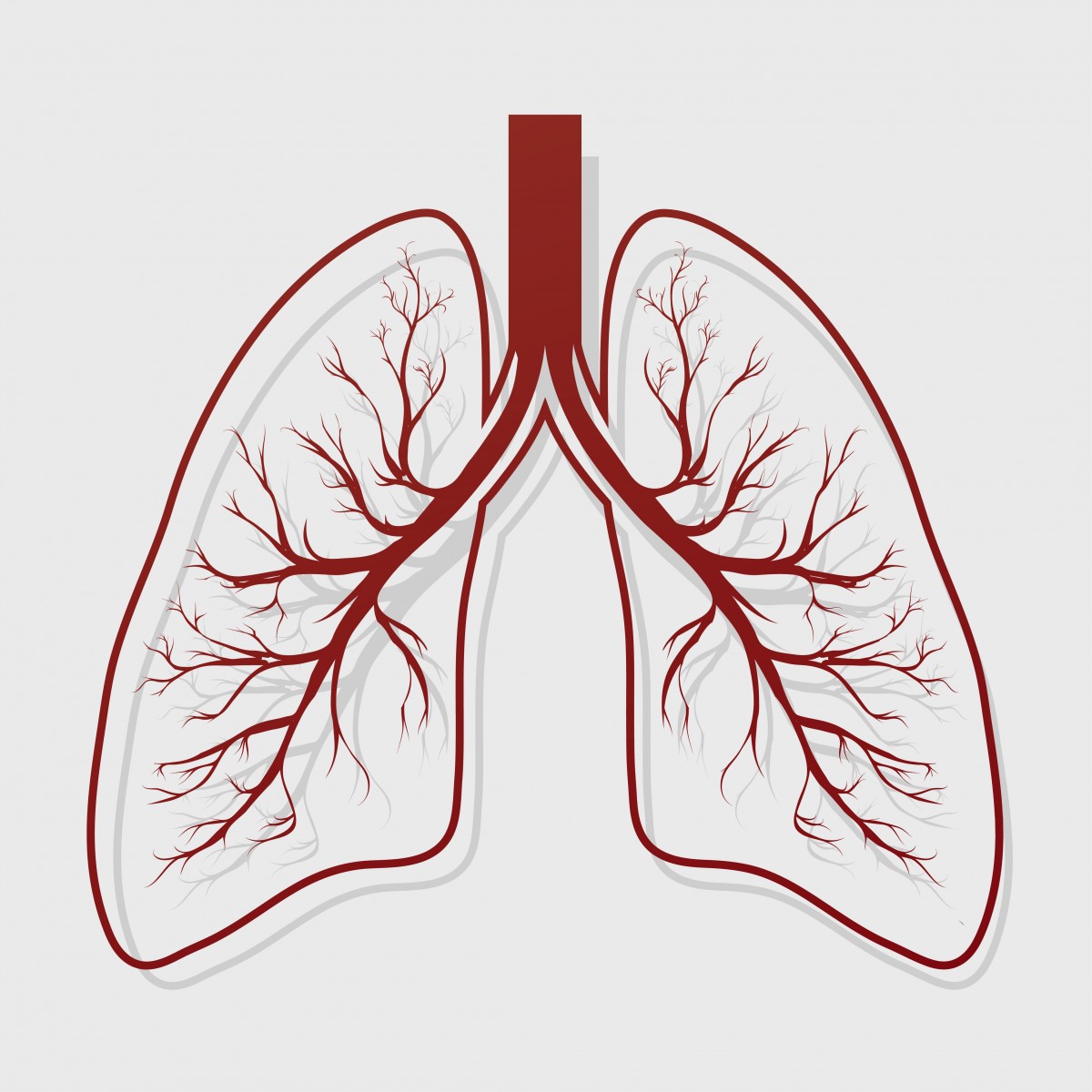Sugar Molecule, Keratan Sulfate, May Protect Lungs Against COPD
Written by |

A sugar molecule called keratan sulfate could play a protective role against inflammation and emphysema associated with chronic obstructive pulmonary disease (COPD), according to a new study.
The study, “A Keratan Sulfate Disaccharide Prevents Inflammation And The Progression Of Emphysema In Murine Models,” was published in the American Journal of Physiology, Lung Cellular and Molecular Physiology.
The research team, led by Naoyuki Taniguchi of the RIKEN-Max Planck Joint Research Center for Systems Chemical Biology, found that mice that were exposed to cigarette smoke had lower keratan sulfate levels in cells of the small airway of the lungs. This led researchers to question whether a decline in levels of the molecule could be associated with lung damage caused by smoking.
“We are not absolutely sure of the mechanism through which smoking leads to a reduction in keratan sulfate, but felt that clearly the reduction is important in thinking about … strategies for combating emphysema and COPD,” Taniguchi said in a news release.
To test whether keratan sulfate could, indeed, have a beneficial effect, researchers administered a repeated portion of the molecule, called L4, to two mouse models of emphysema.
In the first model, emphysema was caused by an enzyme called elastase, a protein that breaks down a normal structural component of lung tissue, leading to the destruction of the alveoli (the lungs’ air sacs where gas exchanges take place). Treatment with L4 prevented this outcome and decreased inflammation by blocking the infiltration of neutrophils (a type of inflammatory cells) into the lung. It also reduced the levels of mediators of inflammation, such as cytokines, and enzymes that lead to lung tissue destruction. The team believes that L4 was able to directly block the enzymes and act indirectly on the neutrophils.
In the second mouse model, smoking-induced emphysema was exacerbated by LPS, a toxin found in the walls of bacterial cells. As was observed in the first model, treatment with L4 prevented neutrophils from passing through the lung tissue.
“We found that L4 was as effective as dexamethasone in reducing neutrophil infiltration,” Taniguchi said. “This is very exciting, because dexamethasone, the treatment currently used for COPD, is a steroid medication that can have serious side effects and can in some cases make the outcome worse.
“It will be exciting if we can show that L4 — a sugar molecule which we found had no adverse effects in the mice even at high doses — can be used as a treatment for this condition, which exerts a tremendous health burden.”
According to the researcher, there is still much to do to understand the role of keratan sulfate in COPD and emphysema, including examining how L4 can block neutrophil infiltration into the lungs and how it prevents inflammation in the body. That information might help in understanding how COPD progresses and how it might be stopped.




